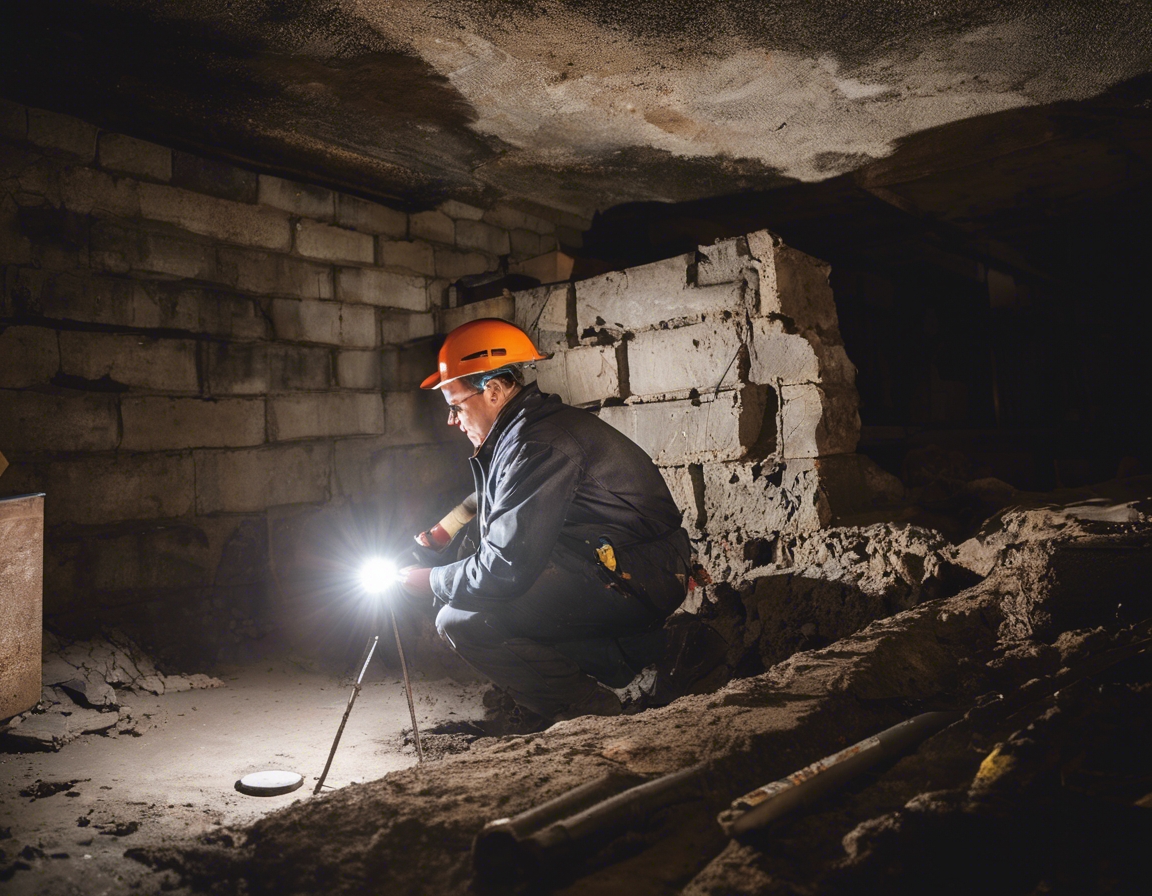The importance of foundation work in building stability
Foundation work is the cornerstone of any construction project, providing the essential support needed to ensure the stability and longevity of a building. Whether constructing a new home or renovating an existing structure, the foundation is critical to the overall integrity of the building. It serves as the base upon which the entire structure rests, distributing loads evenly and preventing settlement or movement that could lead to structural failure.
2. Types of Foundations
Shallow foundations are typically used for smaller structures where the load is relatively light. These include spread footings, slab-on-grade, and mat foundations. They are placed near the surface of the earth and are suitable for stable soil conditions.
Deep foundations are necessary for larger structures or where soil conditions are less stable. These include pile foundations and drilled shafts, which extend deep into the ground to reach more stable soil or rock layers. They are designed to support heavy loads and provide greater stability.
3. The Role of Foundation in Building Stability
One of the primary functions of a foundation is to distribute the weight of the building evenly across the ground. This prevents uneven settling, which can lead to cracks and structural damage. Proper load distribution ensures that the building remains stable and secure over time.
Foundations play a crucial role in resisting natural forces such as wind, earthquakes, and flooding. A well-designed foundation can absorb and dissipate these forces, protecting the building from damage and ensuring the safety of its occupants.
By providing a stable base, foundations help prevent structural damage that can occur due to shifting soil, water infiltration, and other environmental factors. This is essential for maintaining the integrity and value of the building over time.
4. Key Considerations in Foundation Work
Understanding the soil conditions is critical to designing an effective foundation. Soil analysis helps determine the type of foundation needed and ensures that it is capable of supporting the building's load. This step is essential for preventing future issues related to soil movement or instability.
The choice of materials used in foundation construction can significantly impact the durability and performance of the foundation. High-quality materials that are appropriate for the specific environmental conditions should be selected to ensure long-term stability.
Engaging experienced professionals is vital for successful foundation work. Skilled engineers and construction experts can provide the necessary expertise to design and implement a foundation that meets all safety and performance standards.
5. Common Challenges in Foundation Work
Environmental factors such as soil erosion, water table levels, and climate conditions can pose significant challenges to foundation work. Addressing these factors during the planning and construction phases is essential to ensure the foundation's effectiveness.
Budget constraints can impact the quality of foundation work. It is important to balance cost considerations with the need for high-quality materials and skilled labor to avoid compromising the foundation's integrity.
Timely completion of foundation work is crucial to the overall construction timeline. Delays in foundation work can lead to increased costs and project setbacks, making effective time management a key component of successful construction projects.








Comments (0)